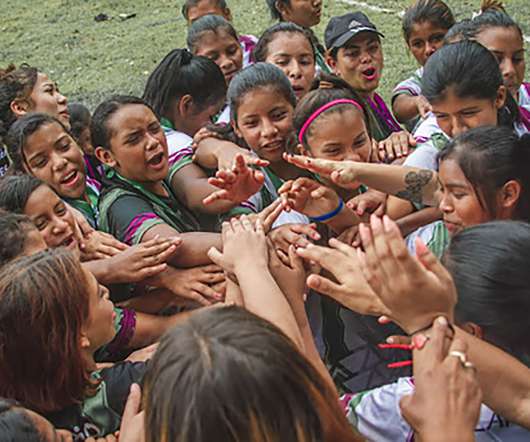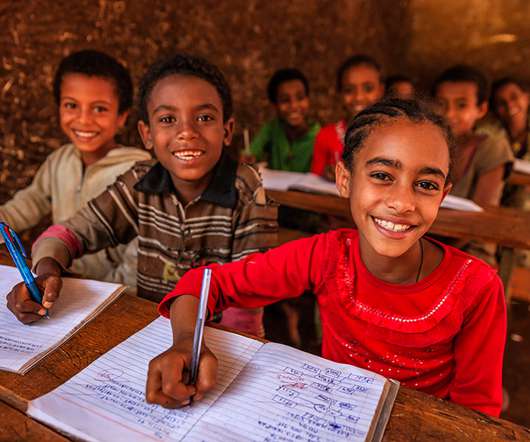Our Museum: Extraordinary Resources on How Museums and Galleries Become Participatory Places
Museum 2.0
AUGUST 25, 2016
Most participatory projects were short-term, siloed innovations, not institutional transformations. And in several cases, the projects constituted "empowerment lite" for participants rather than true collaboration, co-creation, or transformation. Critical friends are positive, constructive, and able to tease out real challenges.












Let's personalize your content